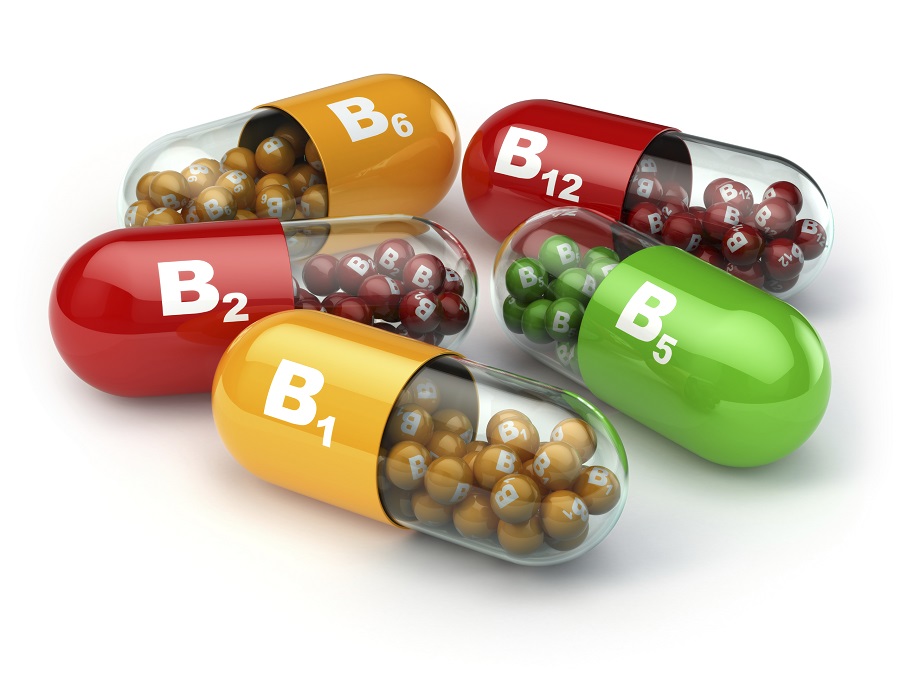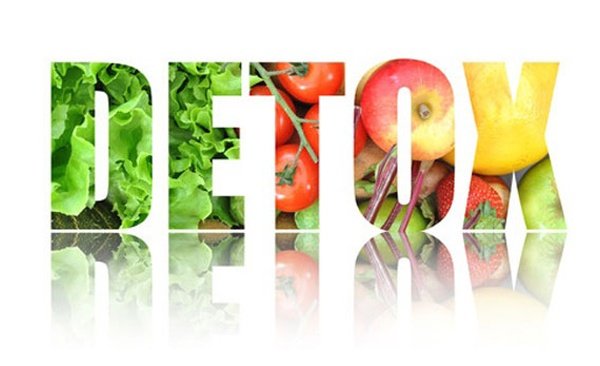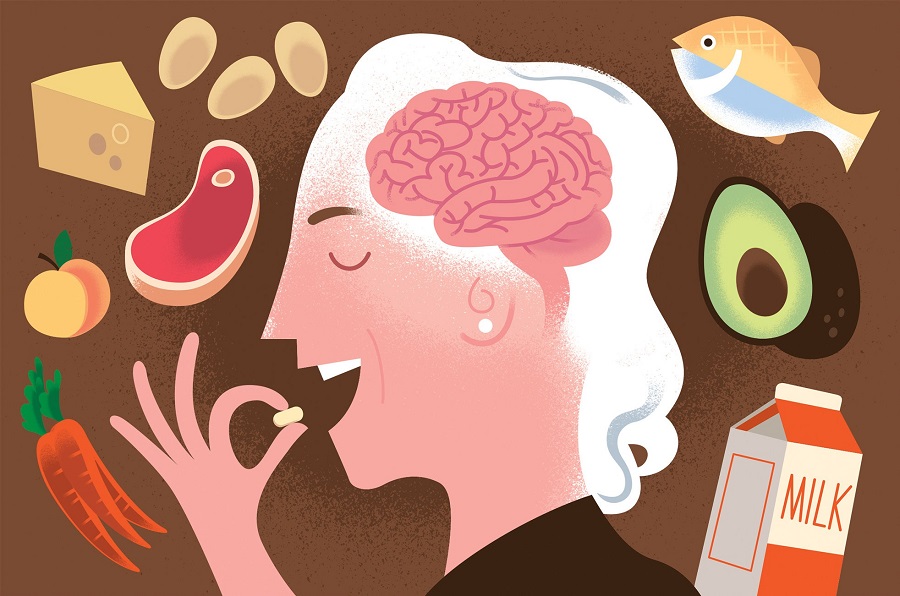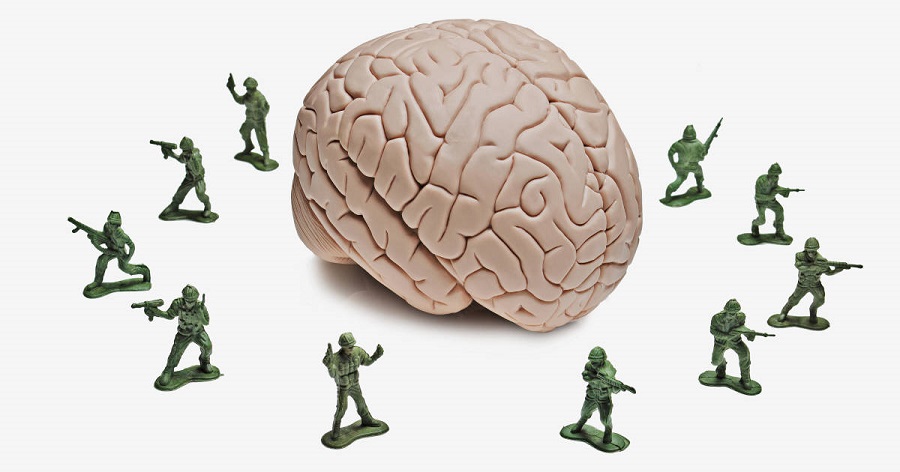Food For Cognitive Funtions: Why B Vitamins Boost Your Brain
Overview
Your brain needs food too, and B-group vitamins should be top of the menu
If someone invented the brain today, they’d be hailed as the greatest engineering mind in history. It is an impossibly sophisticated structure, containing around 100 billion neurons (1), with around a quadrillion connections between them. That’s about 10,000 times more connections than there are stars in the galaxy. Many of its processes remain unknown but we are slowly beginning to unravel some of its mysteries.
Managing and moderating this amazing machine is a monumental task, and the systems and structures that comprise the brain need lots of raw materials to work. Among the most important of these are eight water-soluble organic compounds-B vitamins. Including vitamins B1 (thiamine), B2 (riboflavin), B3 (niacin), B5 (pantothenic acid), B6 (pyridoxine), B7 (biotin), B9 (folic acid) and B12 (cobalamin), together they perform a range of vital roles in keeping our brains ticking.

They provide energy
Given its complexity, the brain requires lots of energy to work effectively. Despite comprising an average of just 2% of overall body weight, the brain utilizes around 20% of the calories consumed by the body.
Multiple B vitamins, including thiamin, riboflavin and pantothenic acid, play a crucial role in the cellular metabolic processes that turn food into energy while vitamin B12 (cobalamin) helps promote the development of red blood cells that carry oxygen to the brain.

They detoxify your blood
The amino acid homocysteine occurs naturally in the blood and plays an important role in your metabolism. However, when too much of it gets concentrated in the blood, it becomes toxic causing damage to the delicate blood vessels of the brain. Studies have suggested (2) that high levels of homocysteine play a role in brain damage, cognitive and memory decline.
Vitamins B12, B6 and B9 all help metabolize homocysteine, reducing its concentration in the bloodstream, and possibly helping to prevent long-term damage to brain tissue.

They affect our mood
Brain activity relies on the proper functioning of neurotransmitters – chemicals that relay signals between brain neurons. Neurotransmitters are produced within our neurons via the interaction of various chemicals – including several B-vitamins. For instance, vitamin B6 (pyridoxine) aids the formation of neurotransmitters like dopamine, which is involved in our experience of reward, happiness and pleasure.
A depletion of certain neurotransmitters, on the other hand, can affect our cognitive ability in negative ways. For example, those with low dopamine can experience fatigue and depression, and those with low serotonin (to which Vitamins B6, B9 and B12 all contribute) can experience heightened anxiety and bodily aches and pains.

They protect your brain
The brain is a highly complex structure, and it needs constant maintenance if it’s not to fall into disrepair. Take axons, for example. Axons are a bit like the silicon on a microchip: they’re the wiring that allow signals to travel around the brain, from neuron to neuron.
However, they are delicate, and therefore require a protective coating, like the plastic around electrical wiring. This coating is made of a substance called myelin, produced with the help of vitamin B12. Damage to myelin makes axons work less efficiently, and can cause things like dizziness, numbness and loss of vision.

Nourishing our minds
The more we learn about our brains the more amazing they reveal themselves to be. Recent research showed that the brain’s memory capacity is 10 times (3) more than previously thought. The researchers’ conservative estimate is that it can store about a petabyte, around the same amount needed to store the entire internet.
B vitamins play a key role in ensuring that the brain achieves its full potential. They keep us energized, positive and focused on a day-to-day basis, while helping promote long-term brain health as we move through life.
Reference source
Link: https://www.canwelivebetter.bayer.com/health/food-thought-why-b-vitamins-boost-your-brain
The Human Brain in Numbers: A Linearly Scaled-up Primate Brain, Suzana Herculano-Houzel
https://www.ncbi.nlm.nih.gov/pmc/articles/PMC2776484/
Mechanisms of homocysteine neurotoxicity in neurodegenerative diseases with special reference to dementia, Rima Obeid, Wolfgang Herrmann
https://www.sciencedirect.com/science/article/pii/S001457930600545X

